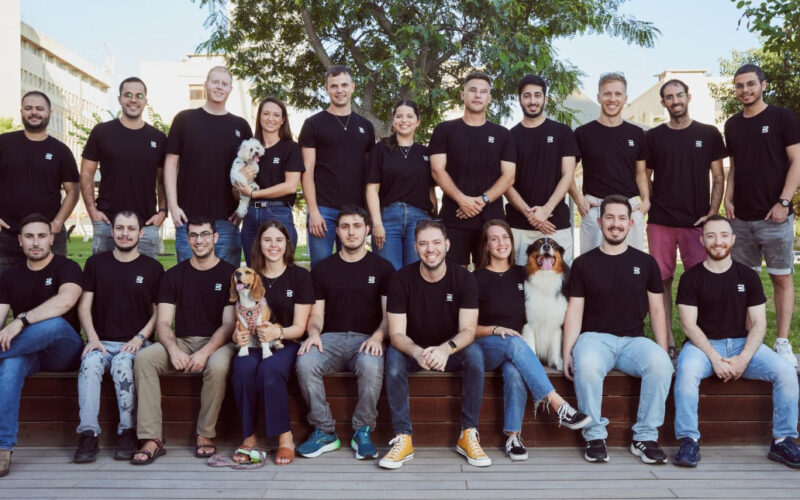Blockaid: Protecting Users in the Web3 Future
Web3 security company Blockaid has recently emerged from stealth with a significant $33 million in funding. The primary goal of Blockaid is to safeguard users from fraud, phishing, and hacks. With its series A funding round recently concluded, the company has secured a total of $33 million in investments. This funding round was led by Ribbit Capital and Variant, with participation from Cyberstarts, Sequoia Capital, and Greylock Partners.
The Vision of Blockaid
Blockaid’s vision is to protect millions of users from malicious transactions before they occur. To achieve this, the company enables users to trust the use of wallets, decentralized applications (dapps), and smart contracts by preemptively validating all transactions. By doing so, Blockaid is addressing a pressing concern in the Web3 world, where internet cybercrime has resulted in billions of dollars worth of losses annually.
As highlighted by the company, security should be a fundamental issue that must be addressed to ensure the future of Web3. With $7 billion in losses reported from cybercrime last year alone, it is evident that security is crucial for the sustained growth of the Web3 ecosystem.
Safeguarding Blockchain Applications
Blockaid claims to provide a layer of security to any blockchain application, regardless of the blockchain on which it operates. The company achieves this by scanning every transaction originating from a wallet, engaging with a dapp, or reaching a smart contract. It positions itself as the only security solution capable of fully simulating off-chain signatures (EIP-712s) with the same effectiveness as on-chain transactions.
The ability to analyze a significant amount of data is a crucial advantage for Blockaid. As a substantial portion of the data on a blockchain is private, the security solution that can observe the most transactions and possess the most data will have better signals for its model, ensuring enhanced protection against potential threats.
Blockaid demonstrates its effectiveness by sharing a notable success story. The company claims to have thwarted a phishing attack that targeted Ethereum co-founder Vitalik Buterin’s compromised Twitter account. Additionally, the service provided by Blockaid protected all wallets that had enabled its security features. This incident underscores the ability of Blockaid’s system to safeguard users against malicious activities.
The Team Behind Blockaid
Blockaid’s team consists of security experts, including over 20 former Israeli Unit 8200 cyber intelligence personnel. The company was co-founded by Ido Ben-Natan (CEO) and Raz Niv (CTO), both of whom are former Israeli military cyber intelligence personnel. After several years of leading R&D teams, they decided to establish Blockaid to address the security needs of the evolving Web3 landscape.
The offices of Blockaid are located in New York and Tel Aviv, strategically positioning the company to tap into both the US and Israeli tech ecosystems. With its impressive funding and experienced team, Blockaid is well-positioned to drive the growth of Web3 by ensuring the security and trustworthiness of its applications.
















